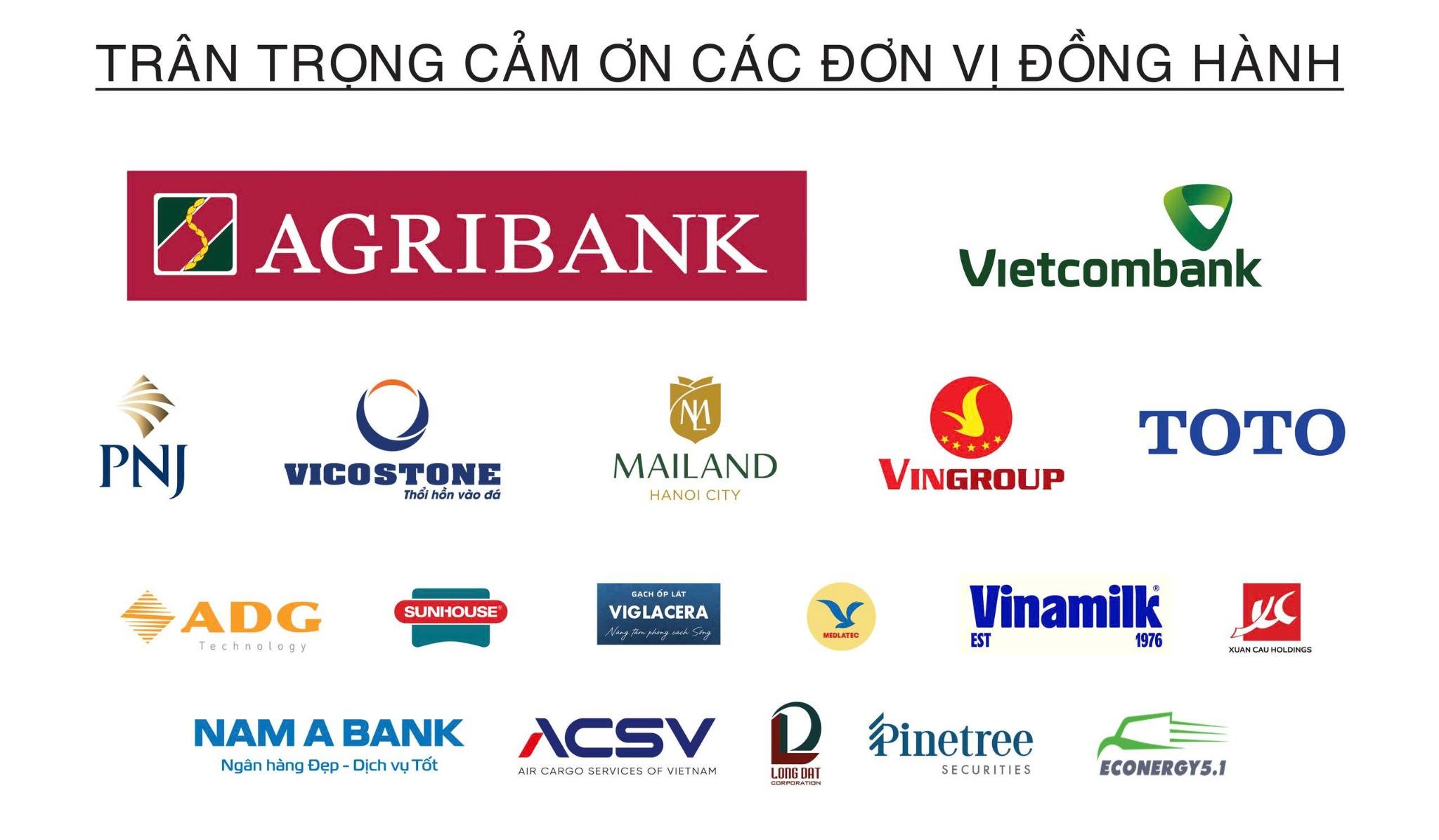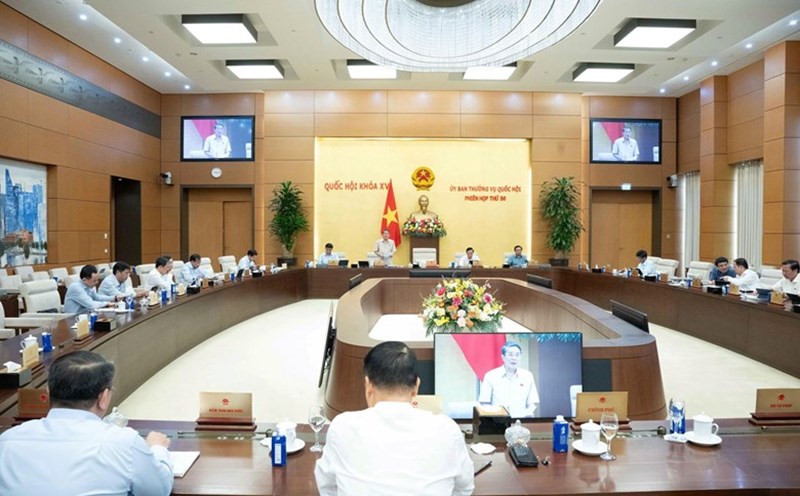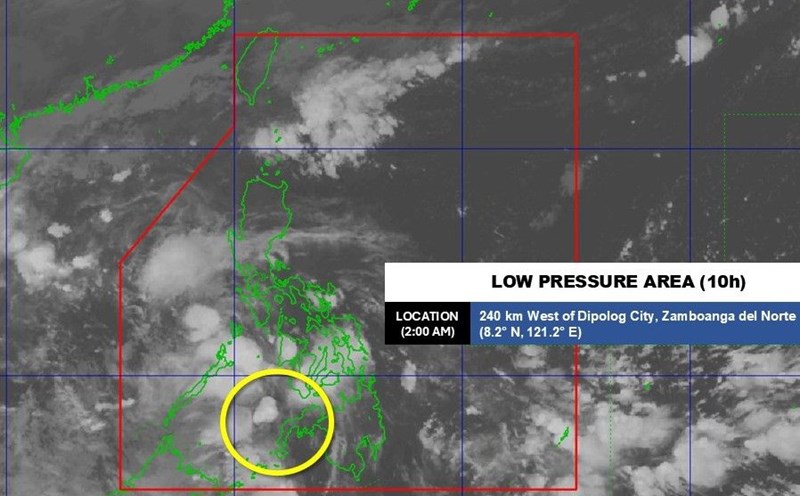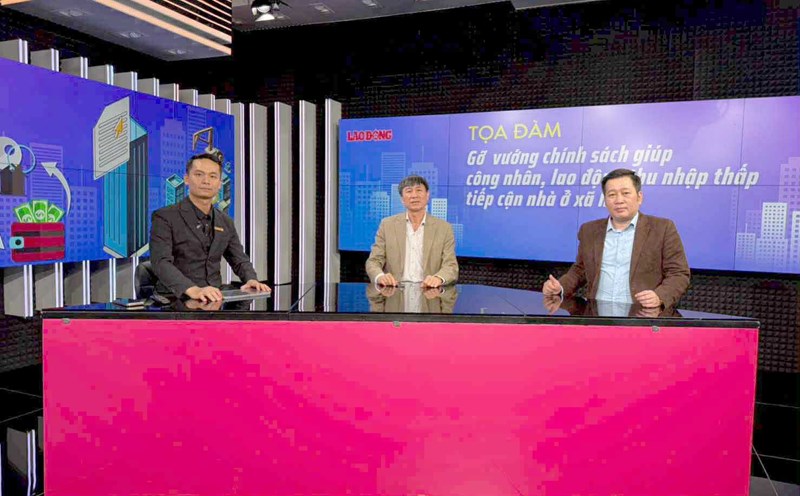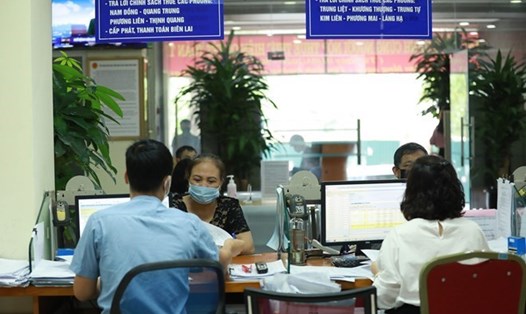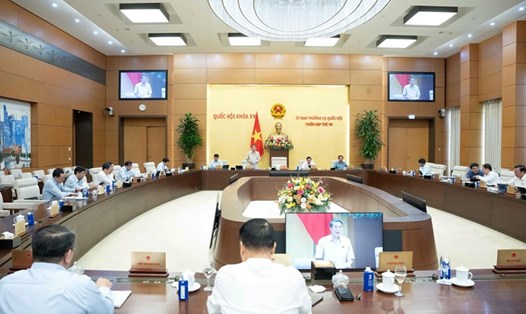The process of promoting voluntary compliance in Japan
In Japan, during the tax reform process after World War II, the self-declaration and self-payment tax system was applied, becoming a legal platform based on self-responsibility of taxpayers. According to documents from the National Tax Authority of Japan, in the field of personal income tax and corporate income tax, along with the consolidation of the income system according to the classification into a comprehensive income system and the application of higher progressive tax rates, the self-declaration - self-payment system has been officially implemented in the tax reform in 1947.
In this self-declaration - self-payment system, taxpayers declare their own income and related amounts to determine the amount of tax payable, then fulfill their tax payment obligations according to the self-declaration results. The National Tax Authority of Japan describes this method as a democratic system, emphasizing that taxpayers are responsible for understanding and complying with tax laws. For example, in 1976, the Tax Administration Orientation determined that All taxpayers need to be aware of the meaning of taxes and voluntarily fulfill their tax payment obligations through self-declaration and accurate tax payment. Since this system was deployed, the Japanese tax authority has built many mechanisms to help the self-declaration and self-payment tax system operate effectively, thereby supporting taxpayers' voluntary compliance. Below are the main measures that have been implemented.
Building a tax consulting agency system and a mechanism to support taxpayers
In the self-declaration - self-payment tax system, taxpayers need to have professional knowledge to be able to properly understand tax laws and make tax declarations themselves. Therefore, in Japan, the Tax Consulting Agency system plays a very important role. According to documents from the National Tax Authority of Japan, the self-declaration and self-payment tax system "not only facilitates the preparation and submission of tax declarations accurately, but also contributes to building a reliable tax consulting agency system". In addition, taxpayer support mechanisms have also been established, including opening tax consultation booths, issuing leaflets and propaganda publications, and deploying direct consultation services at tax branches to facilitate taxpayers to easily answer their questions.
In addition, close coordination with tax consulting agents' associations nationwide has also contributed greatly to supporting taxpayers in a thorough and timely manner. Tax consulting agents' associations, through free consultations, support at the counter during the tax declaration season and thematic seminars, have played an important role in building an environment to help taxpayers feel secure in fulfilling their tax declaration and payment obligations. The cooperation model between tax authorities and tax consulting agents plays a particularly important role in strengthening trust in the tax system and ensuring the fairness of tax policies.
Deploying and popularizing the electronic tax declaration and payment system (e-Tax)
In recent years, Japan has strongly promoted digital transformation, the use of electronic tax declaration and payment systems has become widely popular for both individuals and businesses. The electronic tax declaration form brings many benefits such as reducing administrative procedures, automating calculations and limiting errors. Thanks to that, an environment has been created to help taxpayers make declarations more accurately and effectively, contributing to improving the level of voluntary compliance.
Tax propaganda, education and tax awareness raising
To nurture awareness of voluntary compliance, Japanese tax authorities always attach importance to tax propaganda and education. The National Tax Authority, together with local tax authorities such as the Regional Tax Department, Tax Branches and local tax-responsible departments under local governments, has promoted people's understanding of the meaning and policies on taxes through leaflets, websites, media advertisements and teaching materials in schools, helping people better understand their tax payment obligations. In addition, in school education and social education, activities to convey the importance of taxes have also been strongly implemented, thereby fostering the younger generation's understanding and sense of tax ethics.
Strengthening trust, accountability and transparency in tax management
From the perspective of taxpayers, taxpayers always expect a fair, reasonable and explainable tax administration. Therefore, tax authorities must meet the requirements for accountability and transparency in tax management. Japan has regulations on the disclosure of orientations and mottoes in tax management, regulations on tax inspection and examination instructions, regulations on procedures... thereby clearly defining methods and criteria in tax inspection and examination.
Reforming institutions, perfecting the legal framework and applying risk-based approaches
Tax reform and review and amend the legal system are also an important foundation to support voluntary compliance. Through the development and amendment of laws such as the Law on Personal Income Tax, the Law on Corporate Income Tax, the Law on Tax Administration and regulations related to tax inspection, contents such as tax authority, statute of limitations, complaint mechanism and regulations on penalties have been supplemented and supplemented. In addition, the tax authority also applies a risk-based approach, selecting subjects to focus on inspection - auditing in the high-risk group to optimize the use of limited resources and improve tax management efficiency.
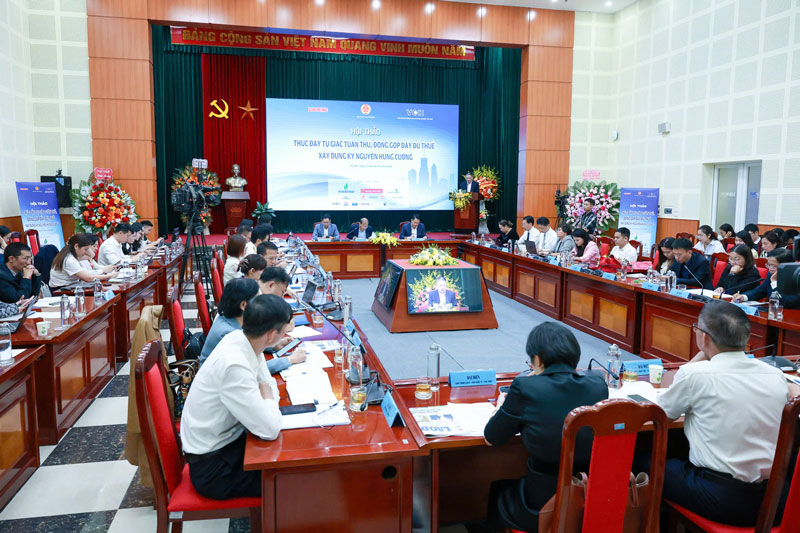
Proposal to harmonize trust and capacity in tax management
systematizing tax education and raising sustainable awareness of taxpayers
The most basic factor to promote voluntary compliance is tax education. The OECD report Building Tax Culture, Compliance and Citizenship (2021) considered tax education a foundation to help strengthen understanding of social treaties, while emphasizing the importance of including the significance of tax payment obligations in the formal education curriculum.
In Japan, since 1963, the National Tax Authority has coordinated with the Ministry of Education, Culture, Sports, Science and Technology to promote the inclusion of tax learning content in school curriculum, providing opportunities for tax learning through business training programs and community courses, thereby nurturing the awareness of "contributing to society through taxes" in the long term. In Vietnam, the Ministry of Finance and the Tax Department are also expanding propaganda and tax policy explanation activities, while strongly promoting activities to improve taxpayer awareness along with the deployment of an electronic tax declaration system and electronic invoices. In the coming time, institutionalizing tax education programs nationwide in combination with educational institutions and media agencies will become the foundation for forming trust in society.
Establish a two-way exchange mechanism
Voluntary volunteering cannot be maintained only by one-way direction, but needs to be nurtured through two-way dialogue. The OECD report Tax Morale II: Building Trust between Tax Administrations and Large Businesses (2022) identified issues related to trust, transparency and information disclosure, while proposing approaches to enhance trust and improve communication between tax authorities and taxpayers.
In Japan, the National Tax Authority has established a mechanism to clarify the tax inspection process and the online consultation system, thereby ensuring communication between tax authorities and taxpayers is carried out systematically. In Vietnam, on the Tax Department's Electronic Information Portal, the functions of looking up and providing information have also been built and deployed, helping to speed up the progress of administrative responses. In the future, it is necessary to strengthen coordination between tax authorities, local authorities and relevant agencies to establish a mechanism for feedback and acceptance of taxpayers' opinions to reflect on the policy making process.
Improving administrative capacity and public ethics
The factor of maintaining trust lies not only in the institutional system, but also in the people - those who directly operate that system. Recent analysis by OECD and IMF shows that to improve the efficiency and reliability of tax management, it is necessary to continuously enhance the professional capacity of tax officials, improve human resource management including assessing work efficiency, while building a solid organizational governance and internal control mechanism. Moreover, experiential studies also show that sustainable reforms, including enhancing the capacity of the tax management system, have a positive impact in increasing the budget revenue rate on GDP. Such capacity building activities should not stop at theoretical training courses, but should be planned and implemented with the goal of helping tax officials practice practical skills, including the ability to judge, explain and dialogue/interact with taxpayers. The first step to gaining the trust of taxpayers is for each tax officer to implement the values of "fairness, honesty and transparency" in their daily work.
Trust-based tax management - The foundation of prosperity
The goal of tax management is not only to ensure revenue for the state budget, but also to build a foundation of trust for society to share the tax burden in a fair and sustainable manner. Voluntary compliance is a mechanism formed on the foundation of trust, in which both the fairness of the administrative agency and the understanding and cooperation of taxpayers play an important role and complement each other.
In Japan, thanks to the synchronous development of institutions, education and operational practices over many decades, the self-declaration and self-payment tax system has gone deeper into social life.
In Vietnam, the Ministry of Finance and the Tax Department are proactively promoting institutional reforms, while building a strong relationship of trust with taxpayers through digital transformation and transparency. These advances specifically reflect the philosophy of "paying taxes is not only an obligation but also a form of participation in society", and is a testament to the maturity of the tax management system.
In the context of digital transformation in tax management continuing to be promoted, in addition to perfecting regulations and legal processes, it is important that both administrative agencies and taxpayers can build a "culture of dialogue and common accountability". Promoting voluntary compliance is essentially the process of building mutual trust between institutions and people, and it is also an essential social foundation to ensure sustainable development.
The views presented in this article are the author's personal opinions and do not necessarily reflect JICA's official views.
